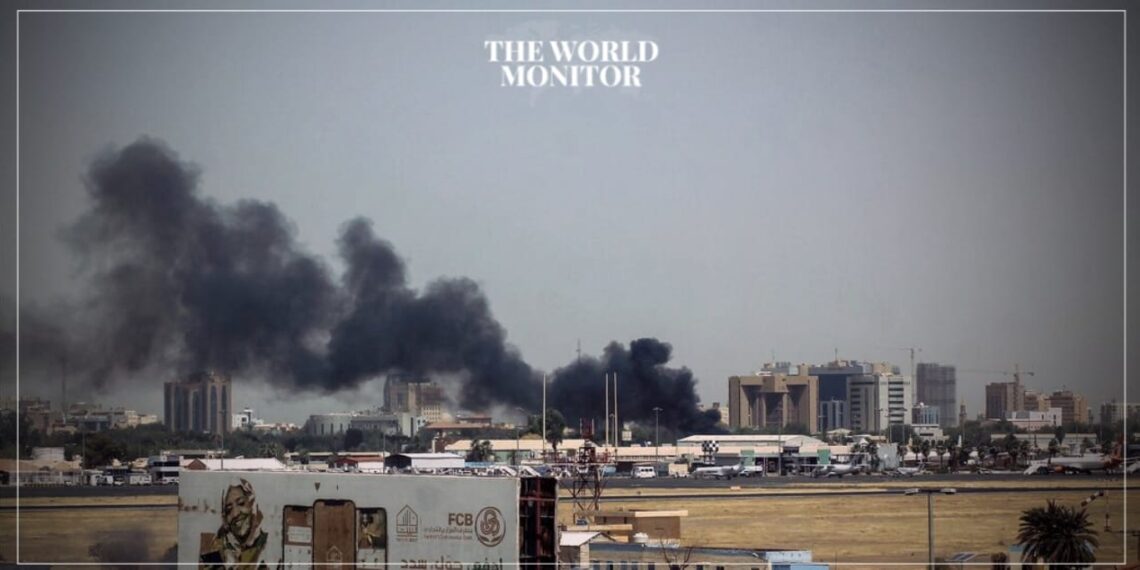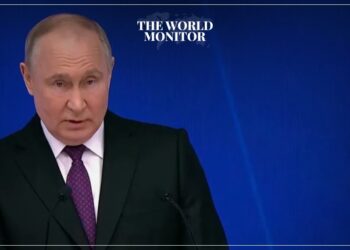In an alarming recurrence over the past few months, violent confrontations have resurged in Sudan’s capital, Khartoum, between the army, led by Abdel Fattah al-Burhan, and the Rapid Support Forces commanded by Mohamed Hamdan Dagalo, commonly known as Hemeti.
Early on Sunday, artillery from the army targeted several positions held by the Rapid Support Forces in cities including Khartoum, Omdurman, and Khartoum North, as reported by Al-Arabiya correspondent. Smoke columns were witnessed rising in the central part of the capital near the Arab Market and surrounding the army headquarters.
Simultaneously, army drones attacked moving targets of the Rapid Support in the older districts of Omdurman.
Recent days have seen intensified skirmishes at several crucial military sites, especially at the General Command headquarters of the army. This surge in violence is set against a backdrop of worsening economic and humanitarian conditions for residents in the capital cities. There’s an acute shortage of drinking water in parts of Omdurman and Khartoum North.
The warfare between the two military factions ignited in mid-April, transforming political tension tied to an internationally-backed transition plan into direct conflict. This shift occurred four years after the ousting of Omar al-Bashir in a popular uprising. Daily clashes and armed confrontations are now a routine sight in the capital.
This conflict has not only resulted in widespread confrontations but also looting, leading to a scarcity of food and medicine in Khartoum and other cities. It has forced over five million people to flee their homes.
Furthermore, the conflict has claimed more than 4,000 lives, according to figures from the United Nations. However, physicians and activists firmly believe that the actual number is much higher.






